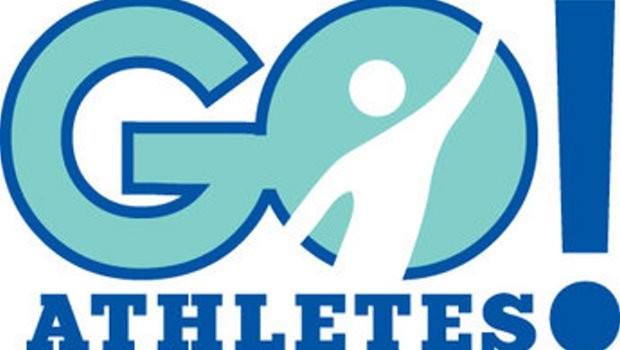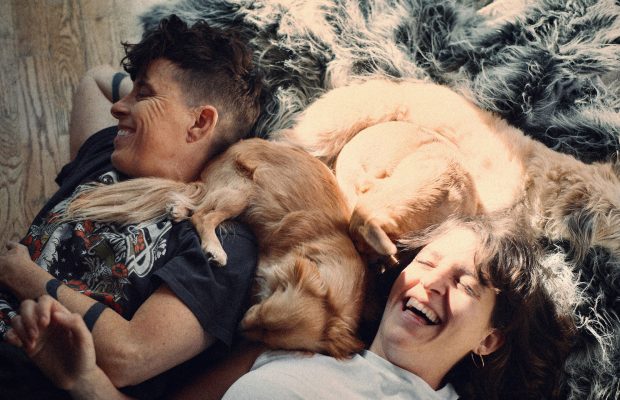LGBT Athlete Spotlight: Chris Morgan

Country
Great Britain
Birth – Death
1973 –
Occupation
Sports
Notable Achievements
National Champion, World Champion
Description
Weightlifter who was World Champion seven times in various classes (2010-2013), European Champion three times (2011, 2012), British National Champion seventeen times (2005-2015) and has won six Gay Games gold medals. Outspoken activist against homophobia in sport, author of books on LGBTs in sport. Member, National Gay and Lesbian Sports Hall of Fame (2015). Gay Games Ambassador. Member of the Football Association’s Advisory Group on Homophobia (2004-2008). Author of the book ‘Chris Morgan’s History of British LGBT Sport’ (2012). (source: Queer Bio)
During his 15-year career, World Champion Powerlifter and Gay Games Ambassador, Chris Morgan has represented England and Great Britain a total of 22 times, where he has taken a total of 24 international titles. He has been World Champion seven times, European Champion three times, British National Champion eleven times and has won six Gay Games gold medals.
When did you start working out?
I first started lifting weights whilst starting out in my rugby career at Leicester Tigers in the early 1990’s and have trained constantly ever since. After injury prevented me continuing in Rugby Union, I moved to London during the mid 1990’s, where I was training purely for fun. In 1998, I met my first weightlifting coach by chance at Soho Athletic Club. He challenged me to put my strength to good use in the sport of powerlifting (squat, bench press, deadlift) and introduced me to the Gay Games.
I first lifted weights competitively at the Gay Games in Amsterdam in 1998 and have been to every Gay Games since, winning medals on each occasion. I’m very grateful for the second opportunity the Gay Games offered me: to participate in sport as an openly gay athlete.
In 2004, I qualified for my first British Championships and World Championships in mainstream powerlifting and since then
have gone on to win multiple British, European and World Championship titles. This year I have broken British and World strength records in my favorite discipline: deadlift.
What’s your typical gym routine?
Most weeks I’m in the gym five times, but vary my work between heavy lifting, lighter assistance exercises and fitness work to control my body weight. My routine is completely sports-specific and focused on strength, so there is no room or spare energy for exercises that are focused on ‘body beautiful’.
My sessions last for between one and a half and two hours and the poundage lifted varies, depending on the time of year and whether I’m ‘on season’ or ‘off season’. I gradually build the intensity of my training sessions over a series of weeks, with a focus on reaching one peak repetition on a particular date.
What sort of weights do powerlifters lift?
Powerlifters operate with heavier weights and shorter amounts of repetitions, but lift more sets in total. For example, a typical powerlifter will not lift sets with more than five repetitions, but nearer their competition date may alter the frequency to sets of three, two or even single lifts. The amount of sets they attempt are likely to be more than bodybuilders or fitness people – sometimes lifting maybe 10 to 12 sets of squat, bench press or deadlift per week. The majority of lifters squat and bench-press heavy twice a week, but only deadlift heavy once per week.
Do you take any nutritional supplements?
I take protein, creatine and HMB – a protein repressor – along with some general vitamins and minerals. It’s important to remember that these are exactly what they say: supplements, and it is crucial to get your diet and nutrition right before considering taking supplements. Eating ‘clean’ is boring and each day I take in large amounts of chicken or turkey to make certain my protein intake is the right amount. It’s essential that my protein is at the right level to get the most from the HMB supplement.
Do you have any personal workout advice or tips?
By far the most important factor that effects progression and gains in any form of exercise or training is rest and recovery. Make sure you are having regular and restful sleep pattern to help your day-to-day recovery. Also, be sure to cycle your training sessions so you have sufficient rest days throughout your routine. For serious gains, it’s crucial to take a full week off training every so often and my suggestion is to schedule a week off somewhere between every six to eight weeks to suit your lifestyle and workload.
Chris is constantly working as a global ambassador for the organization that gave him confidence to be an openly gay athlete. His role for the Federation of Gay Games is to inspire and motivate young gay athletes worldwide. To find out more about the Gay Games visit















